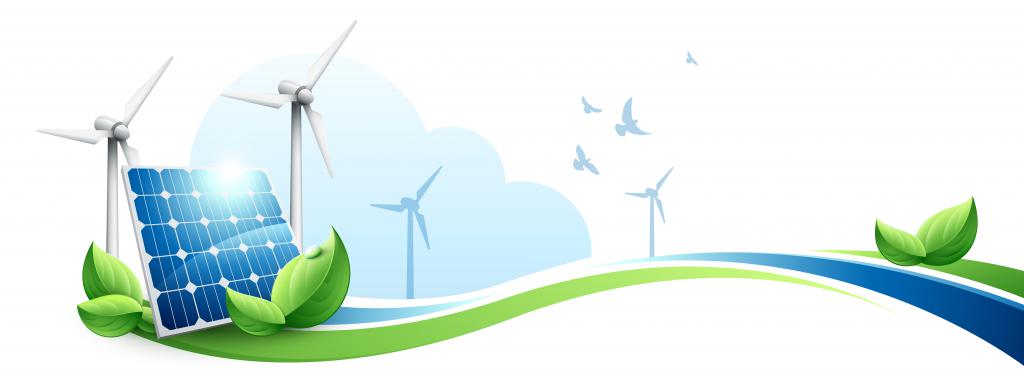A panel discussion on decarbonisation and how it will be affected by potential lack of adequate funding in Member States with a/ a lower GDP per capita than their neighbours and b/ who are ‘coming from behind’ in terms of their energy mix – especially in terms of a prevalence of coal-fired power which will impact heavily on regions where coal mining and power generation are major drivers for the local economy and social well-being. And what role can solar play in a Just Transition?
Why Solar? According to some recent scenarios Solar is set to constitute 60% of the electricity generation in the EU by 2050. This is due to a number of factors including the great cost reductions which are being achieved. It also has advantages when it comes to planning permission (for solar farms), integration into local communities – to absorb the additional workforce capacity created as coal is gradually phased out – and the prosumer phenomenon. However, countries whose starting point is a dependence on coal as a means to generate electricity, cannot look at the required investments in a vacuum. For every cent spent in the direction of solar, there’s money to be spent on the social and economic upheaval caused by uprooting an industry which has underpinned Polish society for well over a century Join us to discuss the complexities of this issue and to develop our understanding of what the Transition looks like in Poland and similar countries in the region. Solar is one of the cornerstones of the clean power revolution. Poland has nearly 40 million citizens with the 10th largest energy economy in the bloc. 123,000 citizens are directly employed in the coal sector.
Registration: https://events.energypost.eu/role-of-solar-in-just-transition/

